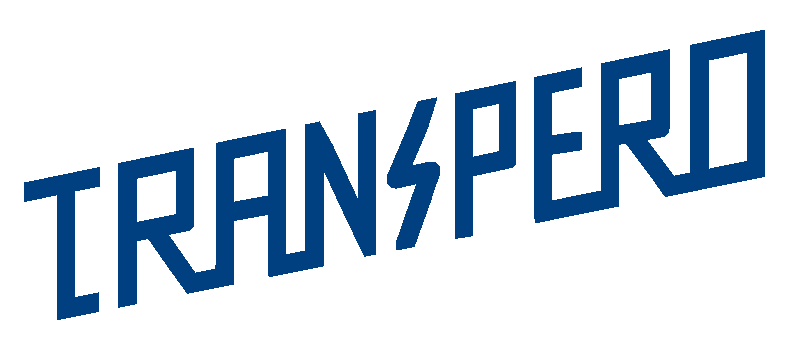Which one is better, CFD trading or Share Trading? First, it is important to know that these two have their own set of advantages and disadvantages, thus, gaining a better understanding of how it works will guide you for better decision-making.

CFD Trading
The contract for Difference (CFD) is a financial derivative where you can speculate the prices in the financial market without actually owning an underlying asset. For instance, let’s just say that the Facebook value will soon rise. Now, you can buy a CFD asset from your CFD broker for the rate of the current market. When such time comes that Facebook stocks really climbs up, you may now sell your CFD at a much higher price. The difference will now be returned to your account by your broker.
Share Trading
Stock and Shares Trading, on the other hand, is the selling as well as buying physical shares of a company. Just like the previous example about Facebook, if you are into Share Trading, you may want to purchase 10 Facebook shares if you think that the price will rise soon. If you predicted it right and the value increases, you can sell it and gain some profits.
CFD Trading vs Share Trading
Ownership
One clear difference between CFD trading and share trading is the ownership of the underlying asset. If you are trading with shares, you own the underlying asset while in CFD, you don’t. To say it simply, CFD traders can still benefit from price instabilities as they have not entered a legal contract concerning the ownership of the shares of a company.
Finance
Another point to mention is the difference in trading CFD and stocks when it comes to their ability to finance any given trade. CFD traders are given the advantage of trading on leverage. This means that with a small deposit, they can slowly increase their positions by borrowing the remaining money from their broker.
Markets
Market access is another thing to consider when choosing between trading CFD and Share trading. With CFDs, you are capable of choosing from a wide variety of instruments including Forex, shares, indices, commodities, and cryptocurrency. But with stocks, you will only be allowed to invest in ETFs and shares.
Fees
Both CFD trading and stock trading have specific fees to be paid. As for CFD trading, brokers charge traders as a commission. With share trading, you will be paying for the commission on all your trades.
Cash Settlement
CFD trading gives profits or losses as soon as you close your trading position. This is good since you can invest again your capital as soon as possible and open a new trading position. as for Stock trading, you will have to wait for a couple of days before the profit or settlement will become available.
Market Hours
CFD is open 24 hours every day because traders can access the huge number of the financial market across the globe. But with shares, you will most likely be allowed to trade only during the trading hours of the stock exchange.
